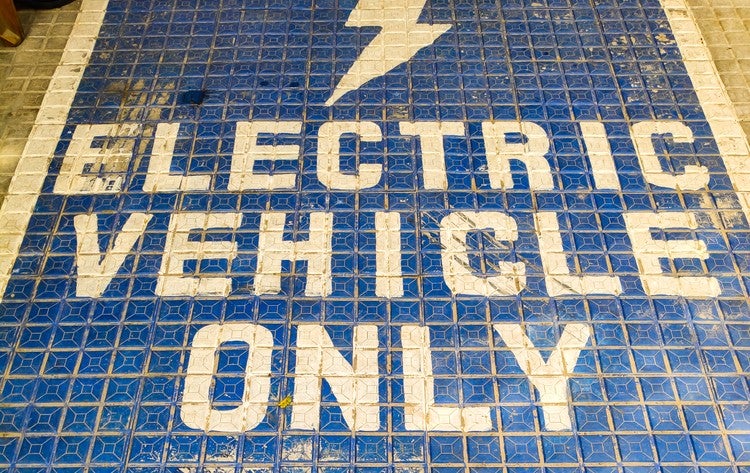Matthew Hodkin and
Judith Harrison of law firm Norton Rose explain the recent changes
to tax on the sale of leasing companies, and outline why they have
proved popular.
 In 2006, the UK Government introduced a series of tax
In 2006, the UK Government introduced a series of tax
changes to combat tax avoidance which resulted from the sale of
leasing companies (so-called lease-tail sales). These rules caused
unforeseen difficulties. As a result, they were amended to allow
leasing companies to elect out of the 2006 changes, subject to
certain protections for the UK Exchequer. This has resulted in a
regime which, whilst complicated, is a significant improvement from
that introduced in 2006.
The 2006 rules resulted from
HMRC’s concern that UK leasing companies were being sold in order
to avoid tax. In very broad economic terms, larger ticket leasing
companies receive tax relief by way of capital allowances in the
early years of a lease which exceeds the amount of rental
income.
In the later years, the
capital allowances will be used up, and an increasing portion of
the lease income will be taxable. The effect is to create a timing
benefit.
How well do you really know your competitors?
Access the most comprehensive Company Profiles on the market, powered by GlobalData. Save hours of research. Gain competitive edge.

Thank you!
Your download email will arrive shortly
Not ready to buy yet? Download a free sample
We are confident about the unique quality of our Company Profiles. However, we want you to make the most beneficial decision for your business, so we offer a free sample that you can download by submitting the below form
By GlobalDataMinimising
tax
Lessees and lessors have
sought ways to minimise tax on lease rentals and balancing charges
arising when an asset is disposed of in order to transform the
timing benefit into an absolute tax saving. If, for example, the
leasing company is sold to a loss-making group in the later part of
the lease, then little or no tax may ever be paid on the lease
income.
In order to prevent this, a
tax charge is imposed on a leasing company when it is sold. This
is, broadly, equal to the difference between capital allowances
received prior to the date of sale and the accounting
depreciation.
The leasing company’s
accounting period is also treated as ending on the date of sale. On
the day following the sale, the leasing company is granted a tax
deduction equal to the charge it suffered the previous day. These
rules only apply when a leasing company is sold to a third party.
They should not affect the ability of a group to do an intra-group
reorganisation.
The intention was that, on a
sale to a person who was not seeking to avoid tax completely, the
transaction would be tax neutral because the purchaser would suffer
the economic impact of the tax charge but would have the ability to
balance that with the benefit of the tax deduction.
These rules are targeted at
sales of leasing companies only. Where a company carries on a
mixture of businesses, it will only be caught where either: at
least half of the accounting value of its plant and machinery is
qualifying plant and machinery (ie, on which the company is, or has
been, entitled to receive capital allowances and which has been
leased at any time in the previous 12 months); or at least half of
the company’s income in the previous 12 months has been derived
from qualifying plant and machinery.
It will be obvious from the
definition above that these rules have caught some company sales
which were unforeseen. For example, a number of corporate groups
contain a single company which has the job of acquiring equipment
and leasing it to other members of the group. Despite both lessor
and lessee being members of the same group, the exit charge rules
could potentially apply where that group is taken over or sold in
its entirety.
The other impact of these
rules was that the number of tax-motivated leasing company sales
reduced significantly. However, the rules were also introduced at a
time when banking groups were looking to reduce their balance
sheets by selling non-core assets.
Although the aim of the exit
charge rules is that they should be broadly tax neutral (because
the effect of the exit charge is ameliorated by the additional
deduction), this has sometimes been difficult to achieve in
practice.
It was a particular problem
when the rolling stock leasing companies were sold, since the size
of the exit charge was so huge. Although the equivalent post-sale
deduction would have been equally large, it is understood that very
few corporate groups had sufficient profits to utilise it,
especially given the impact of the financial crisis.
The changes also restricted
the list of potential buyers to corporate groups that already had a
significant UK presence. The result of this is that very few (if
any) potential buyers would have been willing to acquire large
leasing companies with the resultant tax charge without a
significant reduction in price. This was clearly contrary to the
aim of the rules, which had been presented to parliament on the
basis that they would not impact on genuine commercial sales. HMRC
were therefore concerned to ensure that the rules were modified to
preserve this treatment.
Electing out of the
exit charge
In order to deal with these
issues, the rules have recently been changed so that a leasing
company can elect out of the exit charge. Where a leasing company
makes this election, it will not suffer an exit charge when sold
and it will not receive a corresponding deduction.
Instead, its future
activities will be taxed in such a way as to ensure that the future
income it receives from its leasing business is taxed in the UK.
This means that a company which elects out of the exit charge will
be subject to restrictions on its ability to claim capital
allowances on future assets and to utilise losses.
Despite these restrictions, the election route has proved
popular. This is because it is a significant improvement and it
helps ensure that leasing companies can be sold in a tax neutral
manner.







